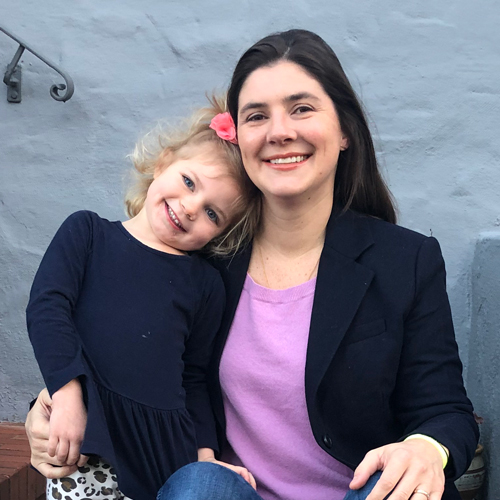Do Individual Behaviors Matter When Talking About Climate Change?
One of my favorite topics to debate is whether or not individual behaviors matters when trying to accomplish something huge. For example, perhaps, slowing the effects of climate change to save the planet. Does it matter what I do in my life, inside my home, with my car, my water use, plastic use, etc.?
There is a meme and statistic that goes around social media every so often telling folks not to feel personally responsible for climate change when 71% of global emissions come from 100 of the largest companies in the world. That’s a true and horrifying statistic but also, those companies are involved in fossil fuel production and use, which makes sense.
What do you think? Do your individual behaviors matter when it comes to climate change?
I will always take the side of: Yes, it does matter. Individual actions matter.
That being said, one single “sustainable act” will not alter the course of the planet’s warming or solve the problems we’re facing. Small and consistent actions do add up though. They add up to real, measurable amounts of greenhouse gasses and the add up to single use plastics in the landfill, they add up to piles of fast fashion wasting away. Small actions also add up to become your habits and eventually your whole mindset. When that progression happens in a neighborhood, or across a city, that shift in behavior is suddenly a lot bigger than just one “sustainable act” you’re taking at home.
As an example of this, look at how serving sizes in the United States have grown over the last 4 decades.
In the 1950’s the average dinner plate was about 8.5-9 inches in diameter and food filled the plate. Today, the average diameter is 12 inches and we fill that up too! It takes more food to fill the space and since most people don’t measure their food before filling a plate, you just absentmindedly serve more. This has been a slow and steady growth of portion sizes but as we visually look for more, it changes our whole outlook on what “enough” feels like.
In this case the change hasn’t been for the better but littering in public is another example of a slow change in community outlook.
In the 1960’s people didn’t even think twice about leaving all of their trash behind them in a park. Though we certainly still have litter problems today, most would think it terrible to unabashedly litter consistently. We’ve improved.
I live in San Francisco where we have “ban on straws” and grocery stores charge 25 cents for each bag.
I’ve seen folks around the country poke fun at this but from within the city, I don’t know of anyone who is upset about these things. We pack reusable straws or (gasp) sip from the edge of the cup and we either pay for or bring our own bags. It’s a small impact but the collective mindset is starting to adapt towards expecting less one time use plastic.
The problem is, this isn’t going far enough fast enough. So we DO need systemic change.
Earlier this year, Coca Cola was in the news for saying they couldn’t possibly get rid of single use plastic bottles because their customers still prefer them. If we change individually to understand the impact of buy these and perhaps only purchase their glass bottles, or nothing from them at all, they could see customers are open to other bottle types. We could also get together as communities and ask companies like Coke to make these changes or they wouldn’t get stocked in our vending machines or selected for our events. When systemic changes like a ban on plastic bottles meets the individual behavior change of NOT preferring single use plastic, we have an easier transition that no longer feels like a “ban” and more of an exciting update. We need both. Systemic changes to inspire big change and individual behavior changes to give us agency in building the world we want to see.
One thing I do wish we would see more in regards to individual change however, is understanding that it takes time and that mistakes will happen.
Much of the “zero waste movement” started with bloggers putting all of their trash for a year in a mason jar or food waste documentaries dumpster diving for expired hummus behind Whole Foods. Those were great stunts and got people’s attention, but now the best ones have moved past that messaging to understanding effort and progress. If you waste a bag of lettuce today it’s ok. Just start over with the next thing. Can you save your bread heels for meatballs or eat the banana that’s going too brown on the counter? You’ll constantly have sustainability successes and will still create trash. There’s an eco-fashion influencer who recently changed her messaging to say there’s no “Sustainable brand” but only those that are more or less sustainable in relation to something else. Perhaps their own past, or comparing sweatpants to sweatpants.
I like this approach so much more than the dichotomy of Good and Bad.
We should try to do our part. We can keep learning in small or drastic ways and implement changes most of the time. Or maybe you’re starting with some of the time and working up. That’s all ok! If we give individuals credit for the efforts and impact we’re making then individuals will participate more and help demand systemic changes that are so necessary. Also, personally, I can’t just sit here watching the world burn and not help. I’m not sure how to stop clear cutting in the rainforest but I can think of about 12 things I can do this month that are a little better than what I did last month.

